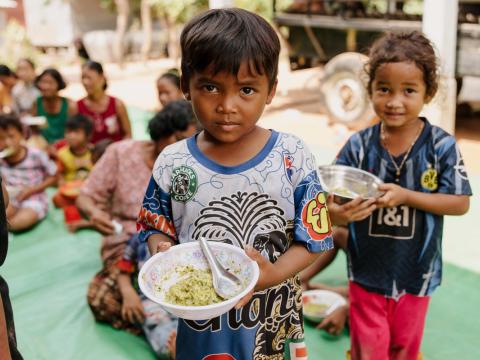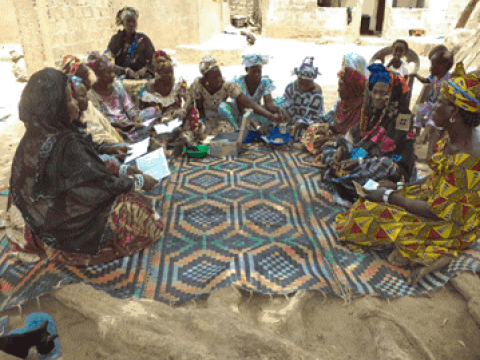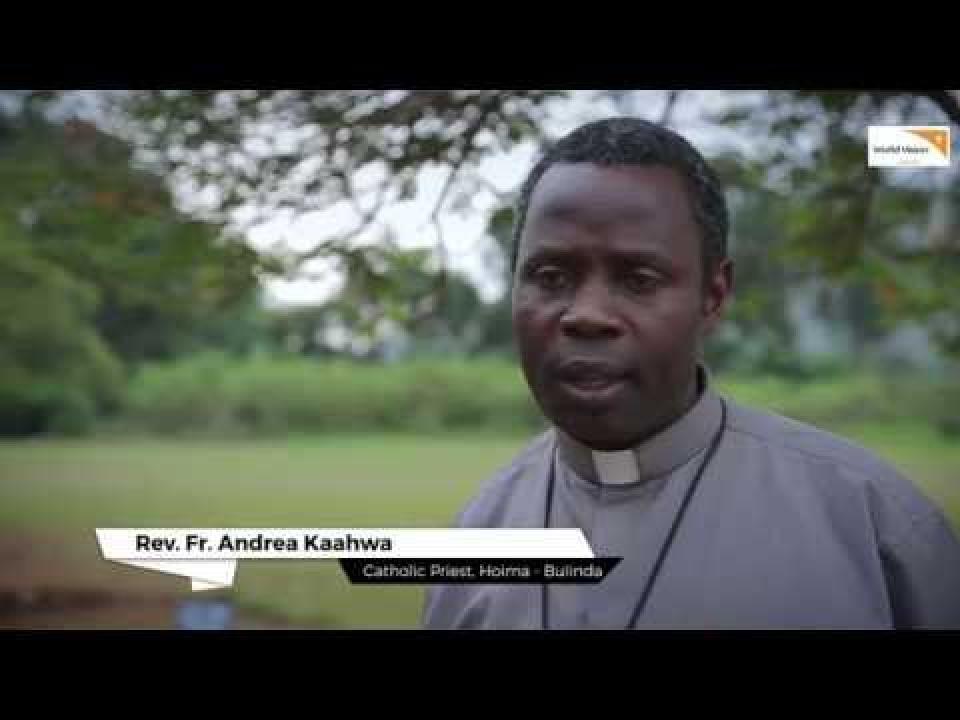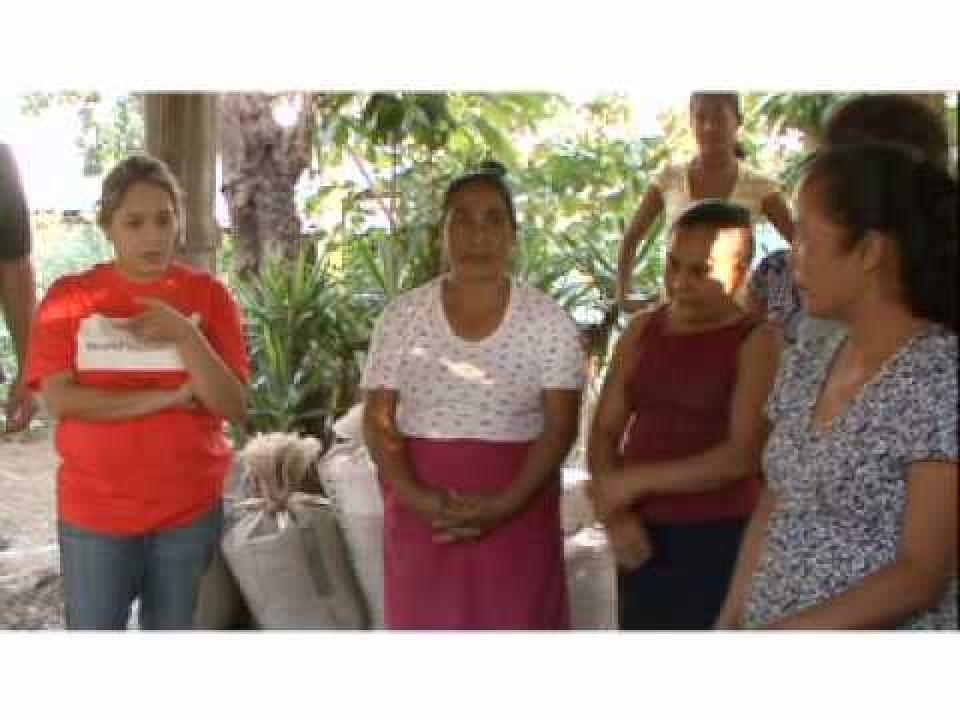
Faithful Food Systems demand focus on people and planet over profit
Date: 4 July 2023
“Our story of food is one of sacred joy….It tells a story of fellowship…As people of faith we are committed to the equitable transformation of our food systems to prioritize people and planet over profit. Let’s come together as a world community to face this challenge as one human family.” – excerpts from the 2021 Food System Summit Interfaith reflection and statement
In my particular Christian tradition, food is everywhere: church potlucks, Christmas and Easter dinners, the spiritual discipline of fasting. Food—the abundance and the absence—shape our fellowship, our celebrations and our practice. The Bible references food constantly, in guidance on ancient dietary practices; as a reflection of God’s provision; in prophetic call to ensure God’s people are providing food for the vulnerable; in Jesus’ miracle in feeding 5000+ with a few loaves and fishes; and Jesus describing himself as “the Bread of life”.
The Christian faith—of course—is not alone. The emphasis on food spans most religious traditions in the centrality of meals in community celebrations, choosing abstinence to connect with God and others, the concept of sharing and justice, fellowship around food, and being satisfied with enough.
From this theological foundation, an interfaith network of leaders has been collaborating with key stakeholders, including the United Nations Food Summit Systems (UNFSS) Secretariat, since before the 2021 Summit to remind the technocrats and bureaucrats, practitioners and policymakers, corporate and industry leaders that food—and food systems—are, or at least should be, about people and planet, not politics and profit.
A bleak food future?
As we approach the 2023 Food Systems Summit (FSS) Stocktaking Moment in July 2023, we reflect on progress forward towards a future where everyone is properly nourished, but mourn that we currently face an unprecedented food crisis:
- 3.1 billion people unable to afford a nutritious diet.
- 148.1 million children under five stunted and unable to reach their physical potential.
- 45 million children suffered from wasting.
- 828 million people affected by chronic hunger in 2021—60% of those were women and girls.
- 75% of children under two years old don’t eat a minimally diverse diet, 50% don’t eat enough meals during the day.
In the face of these huge, seemingly insurmountable challenges, there are glimmers of hope which include a generation of faith actors leading a multi-stakeholder human-centered conversation that unlock tangible actions towards food systems transformation.
Building faith in food systems
Faith leaders and communities are key drivers of social norms change essential in addressing the sustainability of food systems. In our first dialogue on June 26, leaders from FAO, WFP, WHO celebrated the 2021 Interfaith Statement as comprehensive, and people- and value-centred. Lina Mahy, WHO Technical expert, remarked that in her career as a nutritionist she has never seen such focus on food systems in policy conversations—from Stockholm +50, and G7 documents to the UN Decade of Action Resolution. Oliver Oliveros, Leader of the Agroecology Coalition and former UNFSS Secretariat member, encouraged these dialogues—essential to driving the conversation and transformation forward.
On July 13, we will celebrate a range of faith and indigenous actors in the food systems. We will share examples of how local faith actors and faith communities drive change in how communities engage in food systems. Case studies will include one region in the Democratic Republic of the Congo, where a year-long series of workshops helped people foster hope and a vision for the future, but also provided training in agricultural production, animal husbandry and climate-smart agriculture.
More than 2000 households benefited from this and the direct result of the workshops included farmers growing cassava, bio-fortified beans, sweet potatoes, soybeans and okra after advocacy gave 270 households access to use arable land; entrepreneurship training for more than 300 households to increase value of their product and provide sustainable income for their families; 200 herders trained on animal husbandry and who subsequently vaccinated more than 600 goats; and more than 500 households trained on the impacts of climate change on production levels and climate-smart agriculture.
Building on best-practice
The unique combination of faith/values and technical content contributes to dramatic transformation in participants’ attitudes about what is possible, leading to measurable positive impact in production, incomes and hope. This approach is being scaled globally—and it is just one of many faith-informed and Indigenous approaches to building more sustainable food systems.
At the Food System Summit Stocktaking event in Rome this month, UN leaders and faith actors will continue their dialogue on how to engender more effective, ongoing collaboration between faith actors and other stakeholders to drive just and desperately needed food systems transformation.
My personal faith, like the faith of billions of others around the world, compels me to take action—to pray and act to address the broken food systems, to join with others—whether people of faith or not—to seek justice and equity. Food systems have to change.
Perhaps Nicole Civia and Michelle Auerbach say it best in their book Feeding Each Other: “By focusing on food – something at once ordinary and sublime – we make visible the connections that sustain life and give it meaning. By focusing on the connections revealed through food, we can recognize the destructive nonsense of organizing our pursuit of food around nutrition over nourishment, of production over process, of profit over people and planet, and of systems of oppression over liberation.”
Andrea Kaufmann is World Vision’s Senior Director, External Engagement, Faith and Development. Contact her at andrea_kaufmann@wvi.org


